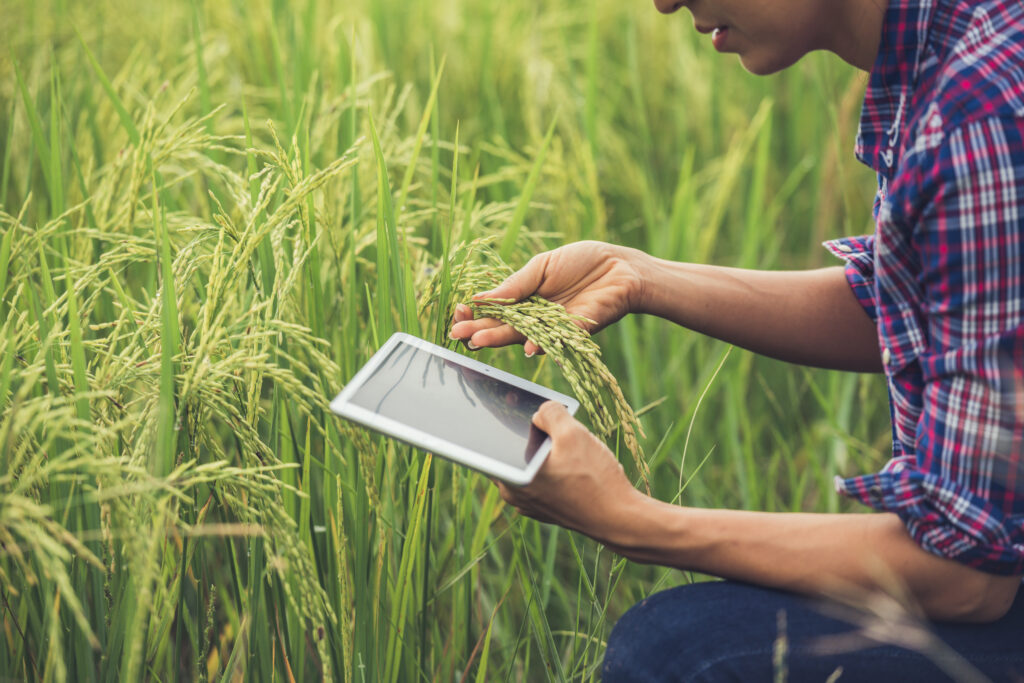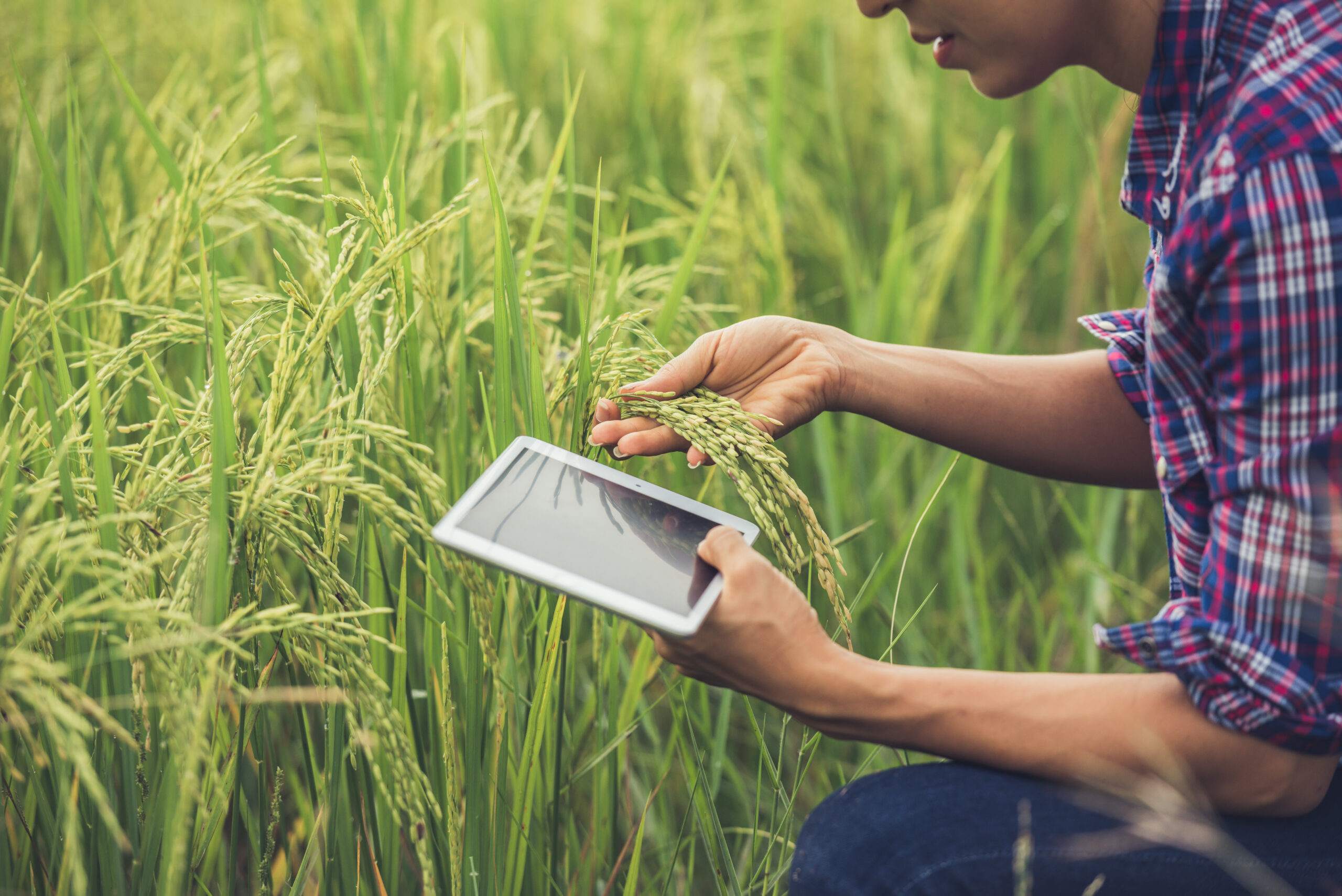The New Look Of Agriculture: Technology For Efficient And Sustainable Farming
By the year 2050, the global population is projected to surpass 9 billion, presenting a substantial challenge in ensuring an adequate food supply for everyone. Addressing this imperative, the agricultural sector must undergo a remarkable transformation, aiming to increase production by approximately 69% from 2010 to 2050.
Intelligent Farming for a Sustainable Future
Farmers spanning from small-scale cultivators to expansive agricultural enterprises are actively embracing intelligent farming techniques and cutting-edge technologies to navigate this effort. This concerted effort is geared towards optimising production processes, pre-empting market demands, mitigating potential adversities, and swiftly adapting to fluid market dynamics.
This progressive shift brings a new level of intelligence into farming operations, making more sustainable and efficient farming possible. Connectivity will alleviate pressure on farmers. This shift in what farming looks like and how agriculture is done signals a revolution in the industry; with new technologies set to push the sector to take the next giant innovation leap. But this cannot and will not happen without the right foundations. These include, among other things, reliable connectivity and clean data.

Leveraging Digital Farming for Efficiency
Digital farming can optimise complex farming operations. There is incredible potential for farmers to collect more data and then leverage this information to improve everything from the amount of water they use to irrigate their crops to how much they charge for their products when they sell them on down the supply chain if retailers don’t dictate the price.
But data quality is critical. Across the tech industry, the cautionary adage: “garbage in, garbage out” is widely used to showcase that the input’s quality determines the output’s quality. In the agricultural industry, digital farming can optimise complex farming operations, but only if the data fed into these systems is accurate, clean, and current. Poor data renders good technology tools unreliable, and manufacturing industries have already realised that clean data is required to feed forecasts of demand versus supply and what will sell.
In addition, predictive analytics can forecast trends such as the growing super-health trend, providing insights on effectively differentiating processes, products, and distribution to feed lucrative markets. ERP solutions can also be used to understand and anticipate how to quickly redistribute or recycle quantities of potential food waste, such as offcuts, near-use dates, etc., to needy and starving markets.
Precision Farming is the Future
In action, these systems make it possible for farmers to farm more effectively – and with increased precision – without actually having to be on the farm. This additional layer of efficiency is critical because if the globe’s farmers are to increase their productivity and yield enough to feed future generations, they need to develop ways to reduce waste, conserve their resources, and mitigate the effects of climate and economic change.
Efficient Processes Powered by Technology Will Help Farmers Make and Maintain Gains
Farmers can implement measures to ensure their processes are as efficient as possible. In action, GPS-equipped tractors could be used to monitor and manage the usage of farming equipment and, thus, reduce energy consumption. Sensors can be fitted to silos to trigger automated reordering when stock reaches a certain level; this lowers inventory costs. In addition, trackers can be fitted to livestock to curb disease outbreaks and crops to improve observation and care.

Using autonomous farming equipment, farmers can operate a variety of equipment at the same time and without any need for human intervention. Weather tracking tools empower farmers to manage better increasing environmental pressures and the economic impact of unexpected weather events. All of this provides modern farmers with unprecedented visibility, enabling them to maximise their resources and mitigate any uneconomical and inefficient farming practices.
If the industry is to drive progress and maximise its potential in the future, the time to act is now. As farming feeds, the local and global population, data will provide the technology that drives effective, lower-waste farm-to-consumer channels. The switch to technology is crucial to avoid future food poverty. By Marius Wessels, Manager: Professional Services for SYSPRO Africa

